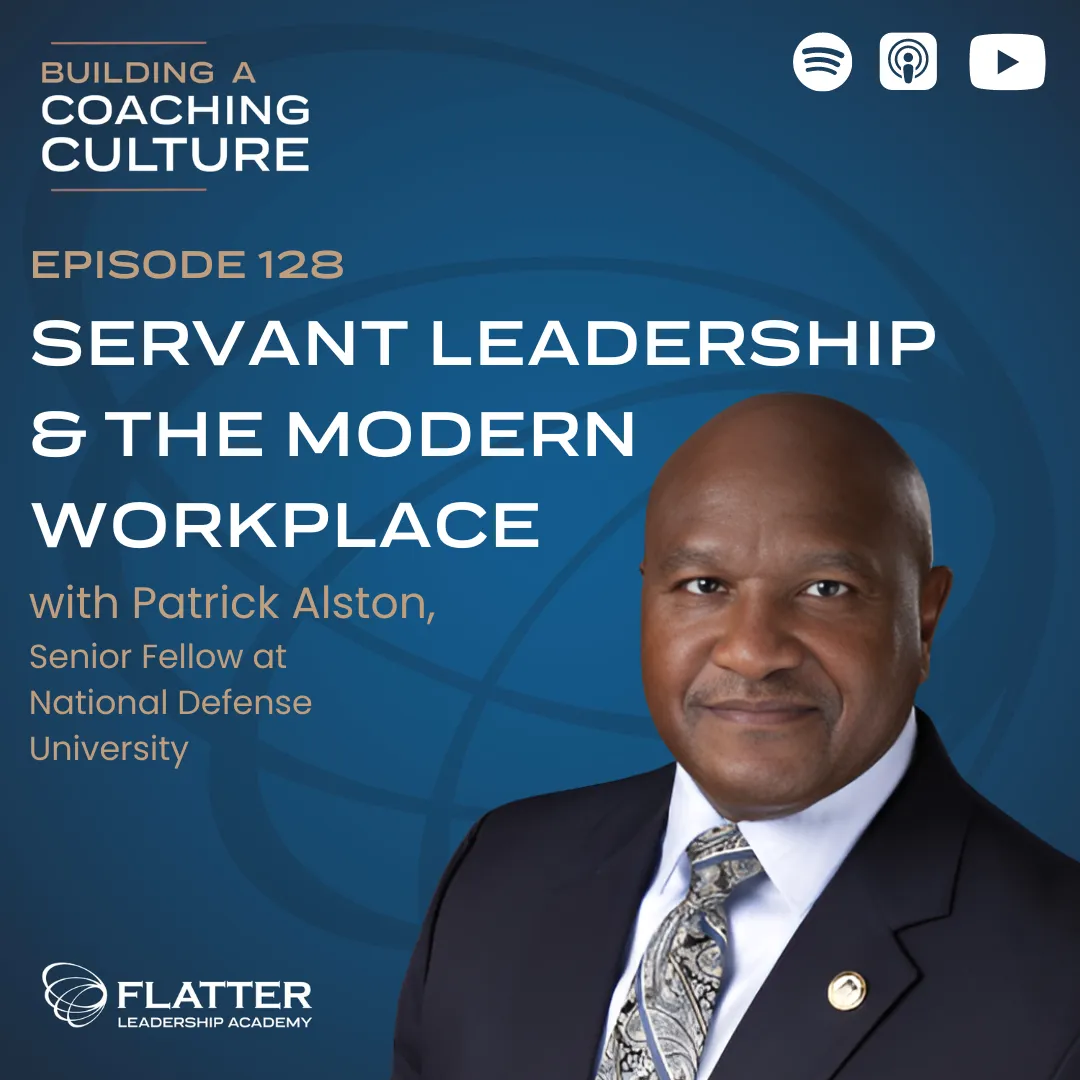How are you adapting your leadership style to effectively engage and motivate the diverse generations in your workplace?
In this episode, hosts J.R. Flatter and Lucas welcome guest Patrick Alston, a retired U.S. Army veteran with 36 years of service, to discuss modern leadership principles. Alston shares insights on how contemporary leaders must adapt their styles to engage and influence Generation Z effectively.
He emphasizes the importance of servant leadership, highlighting key principles such as listening, appreciation, humility, trust, and caring. The discussion also delves into the challenges and opportunities of leading in a complex, modern workforce, and the role of personal passion and continual learning in successful leadership.
Key points include:
- The five key principles of servant leadership for today's workforce
- Understanding and adapting to generational differences in the workplace
- The importance of continuous learning and personal development for leaders
- Balancing introversion with public speaking and leadership roles
- Strategies for Baby Boomers managing Gen Z employees
- The role of spirituality and personal interests in professional development
Building a Coaching Culture is presented by Two Roads Leadership
Produced, edited, and published by Make More Media
Episode Links
Patrick Alston
J.R. Flatter
Founder of Two Roads Leadership
Lucas Flatter
Resources
2RL 4 day Coach Certification Bootcamp
2RL ICF-Approved Coach Certifications and Trainings
Transcript
Automatic Transcription - please excuse any errors

